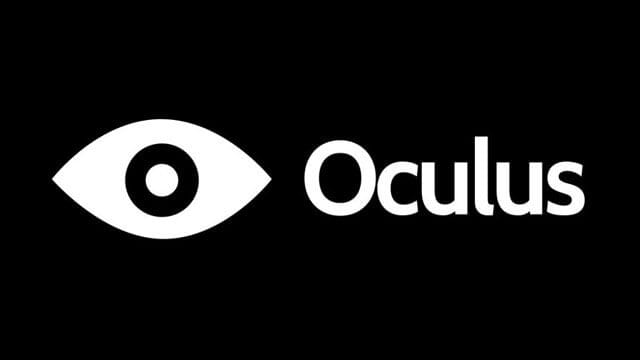After nearly three weeks in court, the jury agreed that Oculus has infringed Zenimax’ copyright and trademarks.
Zenimax has been awarded $500 million for the “unlawful infringement of copyrights and trademarks and for the violation of a non-disclosure agreement” in which they shared “breakthrough VR technology” with Oculus.
The jury also upheld the complaint that John Carmack, previously at Zenimax before moving to Oculus, had taken RAGE source code and “thousands of electronic files on a USB storage device which contained ZeniMax VR technology”.
ZeniMax added, “While we regret we had to litigate in order to vindicate our rights, it was necessary to take a stand against companies that engage in illegal activity in their desire to get control of new, valuable technology.”
Robert Altman, ZeniMax’s Chairman and CEO, said: “Technology is the foundation of our business and we consider the theft of our intellectual property to be a serious matter. We appreciate the jury’s finding against the defendants, and the award of half a billion dollars in damages for those serious violations.”
The full statement explaining the ruling was sent over to PC Invasion by Zenimax:
The liability of Defendants was established by uncontradicted evidence presented by ZeniMax, including (i) the breakthrough in VR technology occurred in March 2012 at id Software through the research efforts of our former employee John Carmack (work that ZeniMax owns) before we ever had contact with the other defendants; (ii) we shared this VR technology with the defendants under a non-disclosure agreement that expressly stated all the technology was owned by ZeniMax; (iii) the four founders of Oculus had no expertise or even backgrounds in VR—other than Palmer Luckey who could not code the software that was the key to solving the issues of VR; (iv) there was a documented stream of computer code and other technical assistance flowing from ZeniMax to Oculus over the next 6 months; (v) Oculus in writing acknowledged getting critical source code from ZeniMax; (vi) Carmack intentionally destroyed data on his computer after he got notice of this litigation and right after he researched on Google how to wipe a hard drive—and data on other Oculus computers and USB storage devices were similarly deleted (as determined by a court-appointed, independent expert in computer forensics); (vii) when he quit id Software, Carmack admitted he secretly downloaded and stole over 10,000 documents from ZeniMax on a USB storage device, as well as the entire source code to RAGE and the id tech® 5 engine —which Carmack uploaded to his Oculus computer; (viii) Carmack filed an affidavit which the court’s expert said was false in denying the destruction of evidence; and (ix) Facebook’s lawyers made representations to the court about those same Oculus computers which the court’s expert said were inaccurate. Oculus’ response in this case that it didn’t use any code or other assistance it received from ZeniMax was not credible, and is contradicted by the testimony of Oculus programmers (who admitted cutting and pasting ZeniMax code into the Oculus SDK), as well as by expert testimony.
The email we received also states that Zenimax, “will consider what further steps we need to take to ensure there will be no ongoing use of our misappropriated technology”, and they will be seeking “an injunction to restrain Oculus and Facebook from their ongoing use of computer code that the jury found infringed ZeniMax’s copyrights”.
ZeniMax may attempt to hamper sales of the Oculus Rift based this statement but that will mean more legal action which could take time.
This will not be the end of the matter as Facebook and Oculus will appeal the case.







Published: Feb 1, 2017 11:49 pm